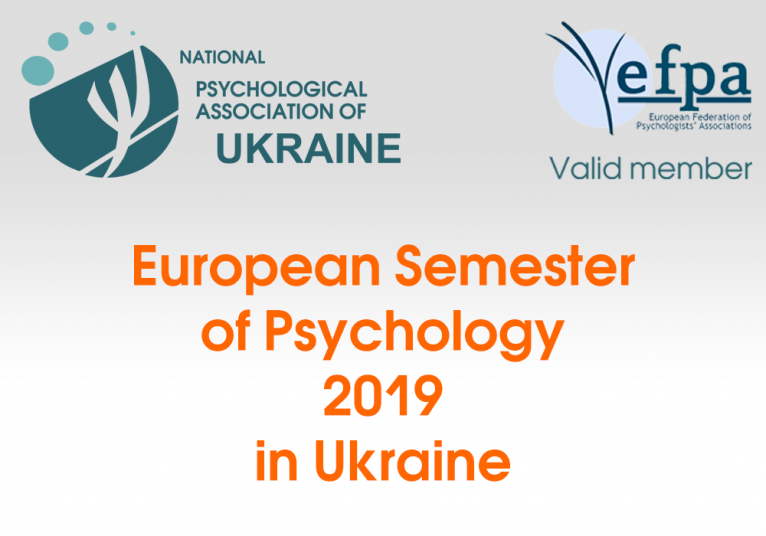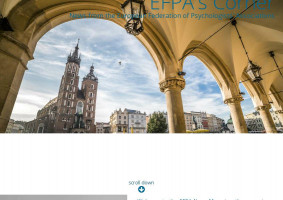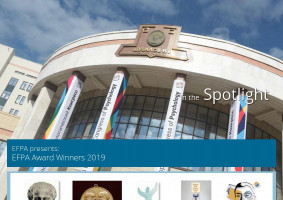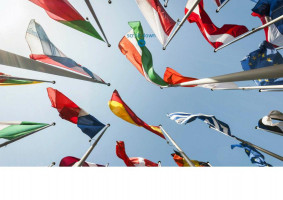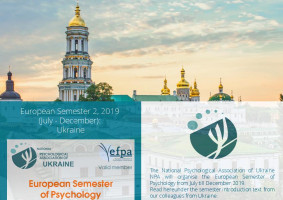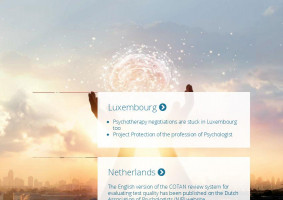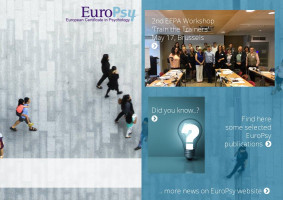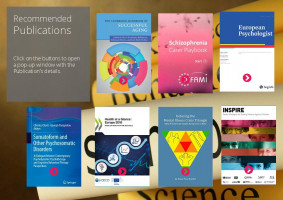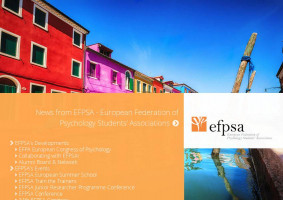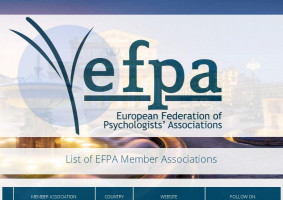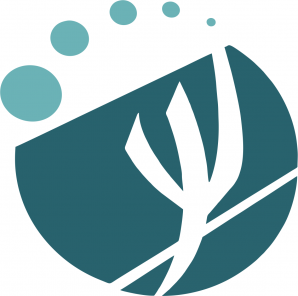
The National Psychological Association of Ukraine NPA will organise the European Semester of Psychology from July till December 2019.
Read hereunder the semester introduction text from our colleagues from Ukraine.
More information regarding meetings and activities during European Semester of Psychology in Ukraine will be available in the next edition of our News Magazine.
Ukrainian Psychology:
The new age - The power of unity
Authors: Oleg Burlachuk, Valeriya Paliy.
Ukrainian psychology has developed in forced collaboration with Soviet psychology. Such domestic psychologists as L. Vygotsky, A. Luria, V. Myasishchev, G. Tschelpanow, V. Bleicher and H. Kostyuk have promoted science despite the ‘iron curtain’, working in isolation from West European and North American colleagues. The exchange of experience has been complicated by the dominance of nihilism in such questions as copyright and prohibition of direct contact with so-called ‘capital ideologists’.
Psychologists of that time have been able to receive, with the help of their colleagues from Eastern bloc countries (Poland, Romania, Czechoslovakia, Yugoslavia, Bulgaria), scant but current, information about the state of affairs, some new ideas and recent developments in psychological science. These countries, for various circumstances including geographical location, were less controlled in their interactions with colleagues from France, West Germany, USA etc.
Upon independence, Ukrainian psychology and science became hostage to the consequences of the Soviet Union's collapse. We were faced with the loss of internal linkages, economic recession, the need to re-evaluate priorities and authorities not only in the political field, but also in scientific life.
Ukrainian psychology has been left behind without government support and this problem is still unsolved today. Psychologists have not been able to transform scientific knowledge into commodities and services. The lack of modern literature has resulted from the low level of language proficiency among psychologists.
The sparcity of English-language literature has led to the usage of rare and outdated translations. The tendency to maintain formal contacts with progressive foreign psychologists and institution has been changing. Today we have the chance to transform Ukrainian psychology.
Since independence, no attempt has been made in order to accede Ukraine to the European Federation of Psychologists' Associations. This has now been made possible at the Congress in Amsterdam in 2017. Representatives of the largest European Psychology Coalition, in the presence of the guests from USA (APA), have voted for the inclusion of Ukraine in the umbrella association, which today brings together more than 300,000 psychologists all over Europe.
The Ukrainian National Psychological Association (NPA) will be hosting the European Semester of Psychology in 2019.
At present, the NPA is undergoing major development. We had chosen to establish the umbrella association, which already united 14 different psychological associations, on the basis of democracy. We continue to expand with the hope that the idea of mutually beneficial relationships with Europe and the rest of the world will be strongly supported by the scientific and practice community of Ukrainian psychologists. With this help we will be able to reform the whole psychological sphere in our country and bring psychologists together. The Ukrainian psychological community has a large and growing membership, but also a lack of coherence. Unfortunately, most of the psychological associations have not published data on the number of their members and have not kept records.
All the activities of the European Semester have been supported by the universities and institutions of Kyiv, Kharkiv, Odessa, Dnipro, Zhytomyr, Sumy, Ternopil, Lutsk. A number of international, European and local events are scheduled. We call on the working groups and committees of EFPA to hold meetings in Ukraine during the latter part of 2019. Your arrival and involvement in the partnership-building process with Europe and the world will enhance the further development of Ukrainian psychology.
After three revolutions (Revolution on Granite 1990, Orange Revolution 2004, Revolution of Dignity 2013-2014) we finally realized, that we have to move forward without great expectations for outside help. We are awaiting the goodwill and support for our desire to become colleagues and co-authors of our common European psychological history.
Welcome to Ukraine!
